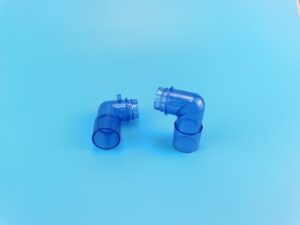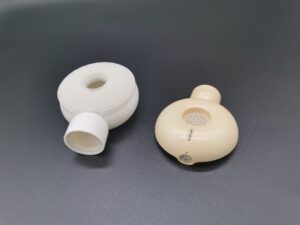

Plastics play a key role in manufacturing, and two commonly used thermoplastics, ABS (acrylonitrile butadiene styrene) and PC (polycarbonate), exhibit unique properties.
Understanding their similarities and differences is critical to making informed choices in a variety of applications.
Similarities:
- Thermoplastic Properties:Both ABS and PC belong to the thermoplastic category, which means they can be melted and molded repeatedly without significant degradation, providing versatility in the manufacturing process.
- Strength and Durability:ABS and PC are known for their strength and durability. They have good impact resistance and are suitable for applications requiring strong materials.
- Versatility:Both materials offer versatility in color and finish, allowing for customization to meet specific design requirements.
Difference:
- Chemical Composition:
ABS: Composed of acrylonitrile, butadiene, and styrene, ABS combines the advantages of each component to achieve a balance between toughness and rigidity.
PC: Composed of polycarbonate, PC is known for its transparency and excellent impact resistance.
- Temperature Resistance:
ABS: Good for lower temperature applications as it may deform at higher temperatures.
PC: Has higher heat resistance and is suitable for applications requiring exposure to high temperatures.
- Application:
ABS: Commonly used in consumer products, auto parts and toys due to its affordability and impact resistance.
PC: Widely used in optical applications such as eyeglass lenses and LED lampshades, as well as electronic components and automotive applications that require transparency and high impact resistance.
In manufacturing, ABS has a place in everyday products, providing cost-effective solutions, while PC shines in applications that require optical clarity and high elasticity. Choosing between ABS and PC depends on specific performance requirements, temperature considerations, and desired aesthetic properties of the final product. YJCPolymer chooses these two materials to manufacture products to meet customer needs.